Question And Answer
Publications
Articles, publications, books, tools and multimedia features from the U.S. Institute of Peace provide the latest news, analysis, research findings, practitioner guides and reports, all related to the conflict zones and issues that are at the center of the Institute’s work to prevent and reduce violent conflict.
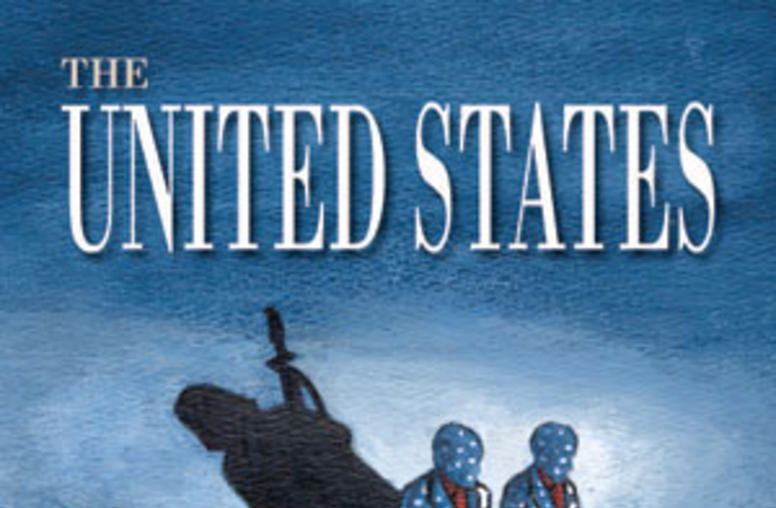
United States and Coercive Diplomacy
With increasing frequency, U.S. leaders look to achieve their foreign policy goals by marrying diplomacy to military muscle. Since the end of the Cold War, "coercive diplomacy"—the effort to change the behavior of a target state or group through the threat or limited use of military force—has been used in no fewer than eight cases.
Colombia: Trip Report on Armed Conflict and Society
A Current Issues Briefing Co-sponsored by the U.S. Institute of Peace and the Washington Office on Latin America. Featured remarks from Congressman James P. McGovern (D-Massachusetts).
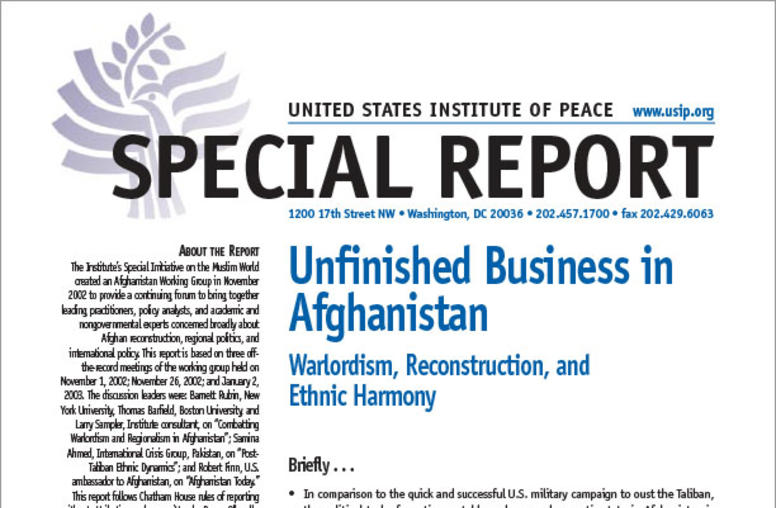
Unfinished Business in Afghanistan: Warlordism, Reconstruction, and Ethnic Harmony
Summary In comparison to the quick and successful U.S. military campaign to oust the Taliban, the political task of creating a stable and secure democratic state in Afghanistan is proving much more difficult. There are some hopeful signs since January 2003 with sections of President Hamid Karzai's government apparatus becoming more functional. But the central government continues to be severely hampered in the absence of adequate funds, security structures, and infrastructure.
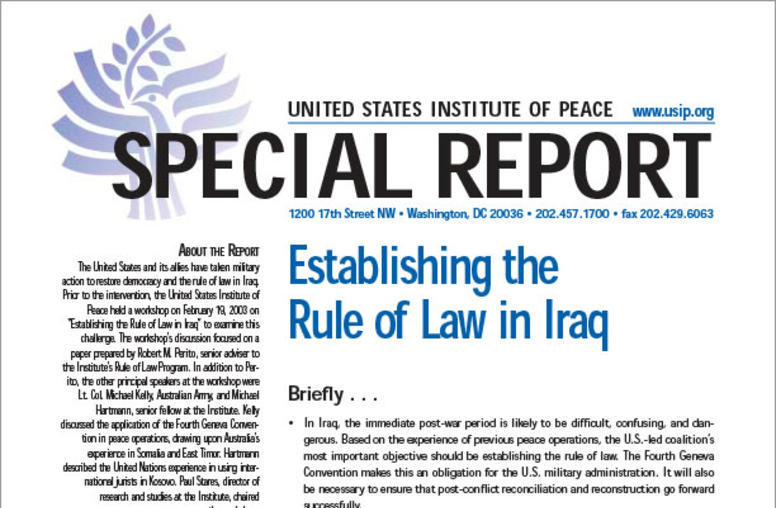
Establishing the Rule of Law in Iraq
Summary In Iraq, the immediate post-war period is likely to be difficult, confusing, and dangerous. Based on the experience of previous peace operations, the U.S.-led coalition's most important objective should be establishing the rule of law. The Fourth Geneva Convention makes this an obligation for the U.S. military administration. It will also be necessary to ensure that post-conflict reconciliation and reconstruction go forward successfully. Saddam Hussein exercised power in Ira...
The Balkans: From War to Peace, From American to European Leadership
Congressional Testimony by Dan Serwer, director of the Balkans Initiative.
Truth Commission: Ghana
Truth Commission: National Reconciliation Commission Duration: 2003 - 2004 Charter: National Reconciliation Act No. 611 Commissioners: 9 Report: Public report
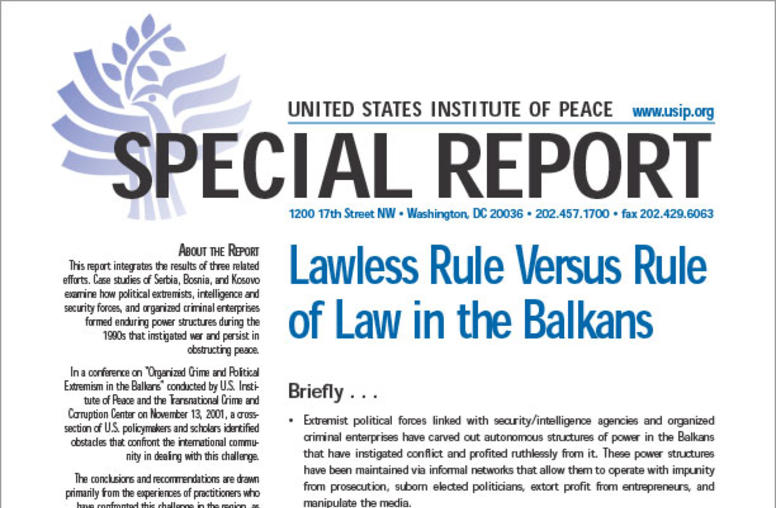
Lawless Rule Versus Rule of Law in the Balkans
This report integrates the results of three related efforts. Case studies of Serbia, Bosnia, and Kosovo examine how political extremists, intelligence and security forces, and organized criminal enterprises formed enduring power structures during the 1990s that instigated war and persist in obstructing peace.
The Palestinian Reform Agenda
The Oslo Accords reached by the Palestine Liberation Organization (PLO) and Israel in 1993-95 ushered into existence the Palestinian Authority and inspired efforts to build autonomous structures for Palestinian self-rule. Since the earliest days of the Palestinian Authority, a varied group of Palestinians has sought to lay the practical foundation for Palestinian statehood through the construction of strong institutions with clear (and generally liberal) legal bases.
Truth Commission: Sierra Leone
Truth Commission: Truth and Reconciliation Commission Duration: 2002 – 2004 Charter: The Truth and Reconciliation Act 2000 Commissioners: 7 Report: Public report
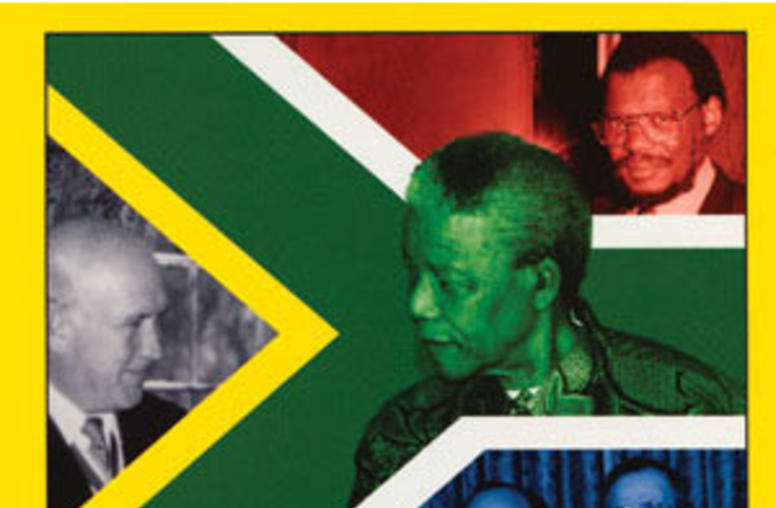
Partner to History
A remarkable book about a remarkable time, Partner to History reveals the role played by U.S. diplomacy in South Africa's surprisingly successful transition from apartheid to democracy.